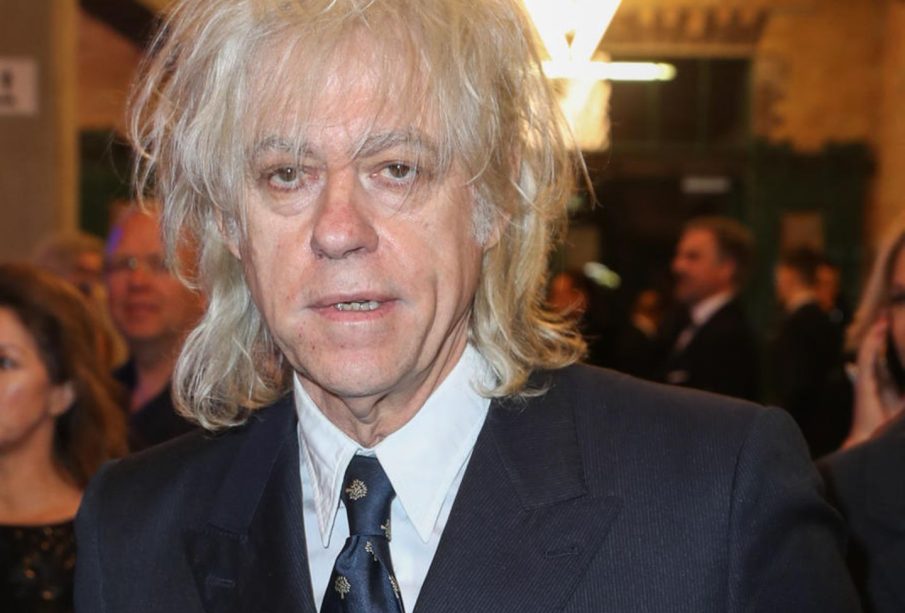Bob Geldof: A Music Icon and Philanthropic Leader

Introduction
Bob Geldof, renowned for his powerful voice and impactful activism, has been a prominent figure in both the music industry and humanitarian efforts since the 1970s. His role as a singer, songwriter, and philanthropist highlights the intersection between artistic expression and social responsibility, making him a significant figure in contemporary culture. As the world continues to face pressing challenges such as poverty and climate change, Geldof’s contributions remind us of the power of music and collective action.
Musical Career and Achievements
Born on October 5, 1951, in Dún Laoghaire, Ireland, Bob Geldof first gained fame as the lead vocalist of the rock band The Boomtown Rats, which achieved acclaim with hits like “I Don’t Like Mondays”. His unique style and socio-political themes resonated with audiences, propelling the band to the forefront of the punk rock movement. However, it was not just his music that made headlines; it was his response to global crises that transformed his career.
Live Aid and Global Activism
In 1985, Geldof co-organized the groundbreaking charity concert Live Aid, which aimed to raise funds for famine relief in Ethiopia. The concert brought together some of the biggest names in music, including U2, Queen, and David Bowie, and reached audiences worldwide. The event raised over $125 million, significantly impacting famine relief efforts in Africa. Geldof’s ability to mobilize the music community for a humanitarian cause set a precedent for future charitable events, showcasing the profound influence celebrities can have in addressing social issues.
Continued Efforts and Legacy
Over the decades, Geldof has continued his activism, advocating for various humanitarian causes, including poverty eradication and climate change awareness. His work has been recognized with numerous awards, including a Nobel Man of Peace award and honorary knighthood from Queen Elizabeth II for his services to charity. Geldof’s dedication emphasizes the ongoing need for social engagement, prompting artists and the public alike to consider their roles in societal challenges.
Conclusion
Bob Geldof’s legacy transcends his musical achievements; it embodies a lifelong commitment to advocating for social change. As global challenges persist, his example serves as an inspiration for artists and individuals to harness their platforms for positive impact. With the emergence of new generations of musicians and activists, the essence of Geldof’s message – that music can inspire action – remains as relevant today as it was in the past. As we look to the future, the call for unity and collective responsibility continues, driven by figures like Bob Geldof.









